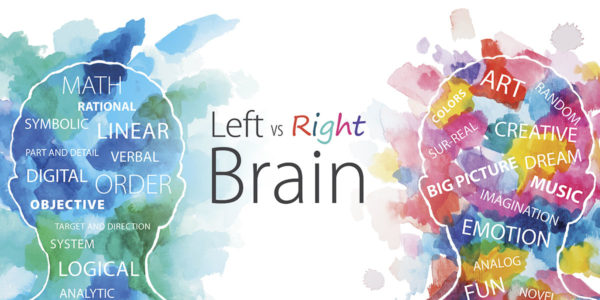There’s a reason we appeal to people’s emotions when we want to convince them to buy something:
It works.
Despite some who think rational reasons will sway more effectively than emotional ones, the research indicates just the opposite. Most recently, a study by the Institute of Practitioners in Advertising that looked at 1,400 case studies found ads with emotional content boosted profits twice as well as ads with only rational content. A 2016 Nielsen report found that ads that generated an emotional response resulted in a 23 percent boost in sales volume.
As Nobel Prize-winning psychologist Daniel Kahneman explained it in his best-seller, “Thinking, Fast and Slow,” the brain forms decisions in ways that are fast, emotional, and subconscious.
In other words, we make choices based on the brief feelings we pull from the subconscious mind. This means marketing that connects with strong emotions — nostalgia, sadness, comfort, confusion — can mold the way consumers view certain products or services.
And yet, as Douglas Van Praet, author of Unconscious Branding: How Neuroscience Can Empower (and Inspire) Marketing, wrote in Fast Company, “Businesses routinely make multimillion-dollar marketing decisions on the false premise that respondents in survey research can consciously explain the unconscious origins of their actions. They fail to recognize that most of the business of life happens through our emotions, below the threshold of awareness.”
We are emotive beings. We make choices based on our feelings. Effective advertising is what makes us reach for a brand we feel emotionally invested in because of an ad we saw years ago.
Emotions are not a luxury to decision-making, but an essential.
People with damage to the amygdala and hippocampus, areas of the brain correlated with emotion, are unable to make decisions. This means that when we make decisions like which company to trust or which services to buy, we are reliant upon the emotional context that our history with the service or product provides us.
I can share three extremely effective examples of how this approach has applied to both enterprise and small business brands among our own clients.
Firstly, for a global software development firm in the architectural industry, we used the emotional triggers of need and control, personal growth and empowerment to motivate IT managers, land developers and architects to switch software platforms.
Secondly, for global coach builder and industrial design firm, we used nostalgia and exclusivity to convince potential clients in Europe and the U.S. to hire their firm to design new products.
Thirdly, for a California credit union, we used self-expression and recognition to increase new accounts and change the perception of the brand to both existing and new customers.
Emotional marketing is effective in this sense because it elicits a powerful feeling from consumers when they see an ad, permanently imprinting the felt emotion onto the pages of their memories. Their subconscious, then, sends the positive message of being emotionally attached to a product or company, which affects purchasing decisions.
In essence, the seemingly irrational feelings in your subconscious, not the rational thoughts in your conscious, are calling the shots. To put it in non-scientific terms, it’s better to appeal to the heart than the head. When you do, customer response and revenue increase.









